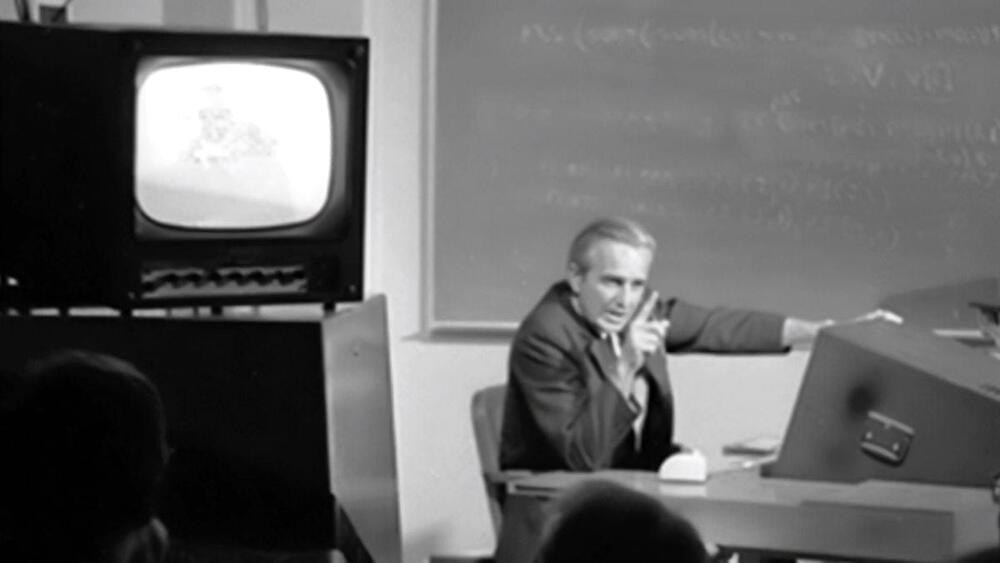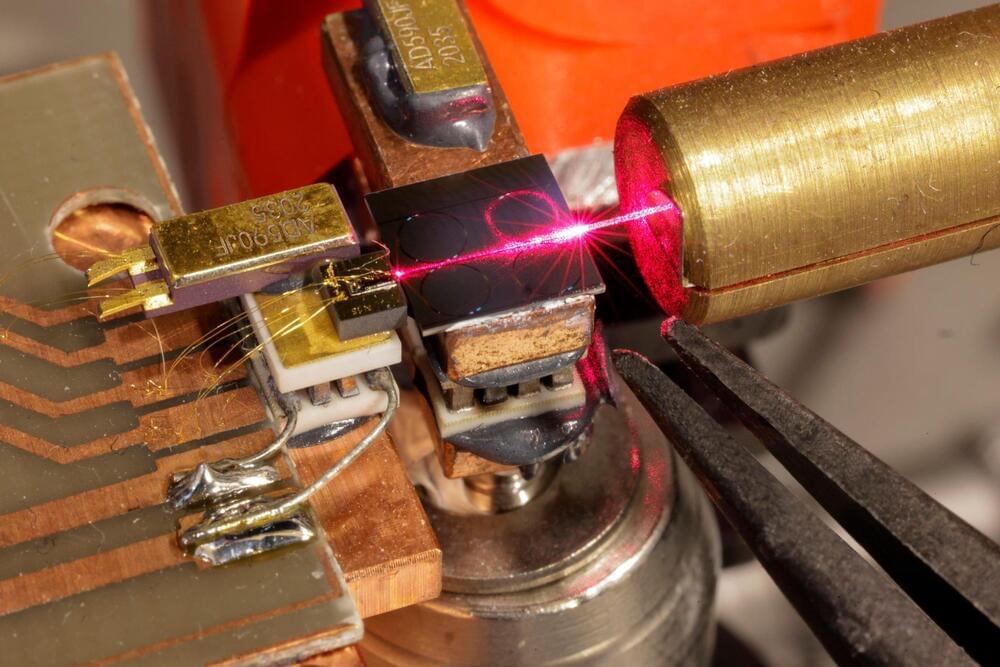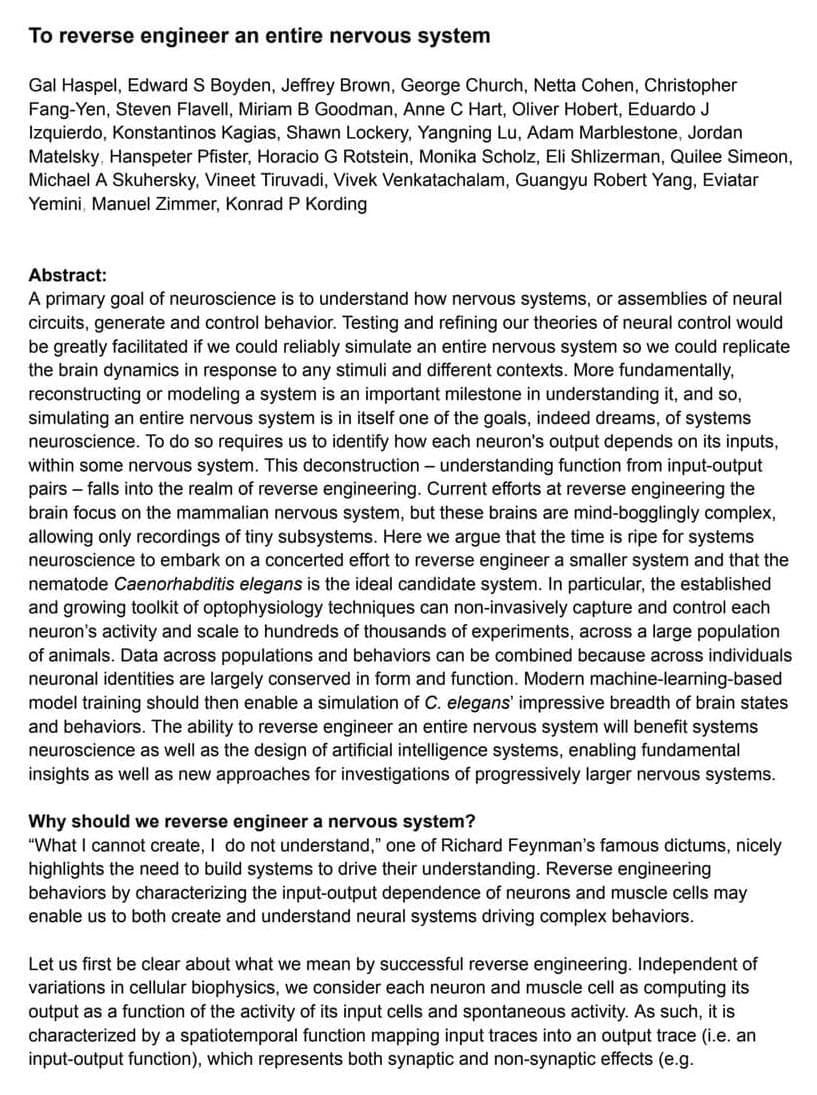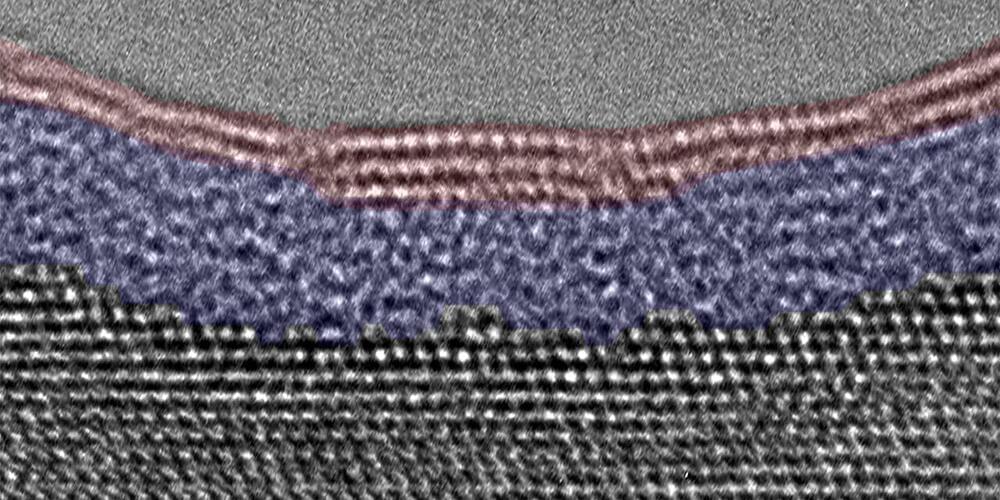Weeks after introducing a potentially game-changing “Uni-wheel” drive system for EVs, Hyundai and Kia are showing off another next-generation technology to keep EV drivers safer during inclement weather. Today, Kia and Hyundai introduced a new snow chain-integrated tire that utilizes shape memory alloy modules inside the wheel. See how this incredible new tech works in the video below.
As EVs continue to saturate the global automotive market, their respective technologies are evolving to benefit consumers. Now more than ever, these electric vehicles drive farther, charge faster, and come equipped with exciting new technologies like vehicle-to-load (V2L) capabilities and Plug & Charge.
Hyundai Motor Group has been one of the early proponents of such technologies, featuring them in EVs atop its E-GMP platform. In fact, Hyundai and Kia especially have rolled out some exciting technologies throughout the electric mobility segment and allocated considerable funds to R&D to explore new engineering breakthroughs.







